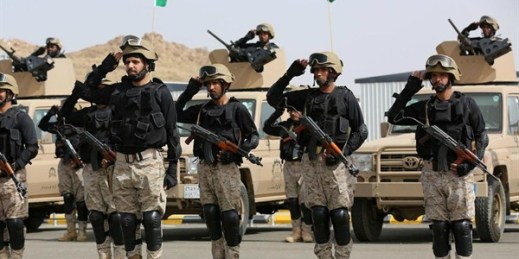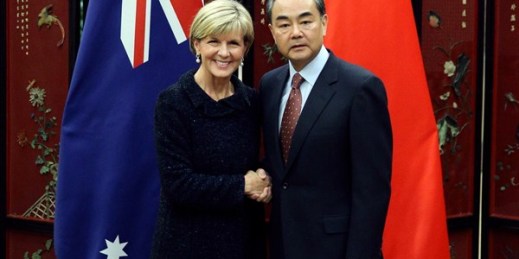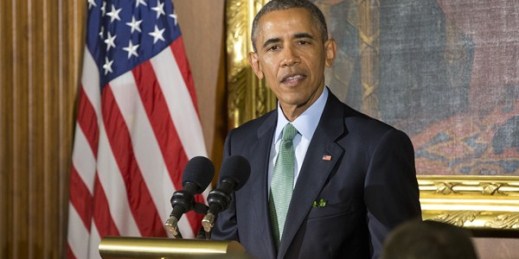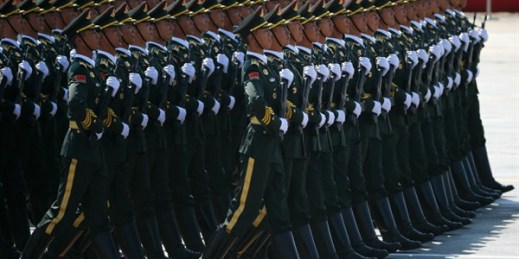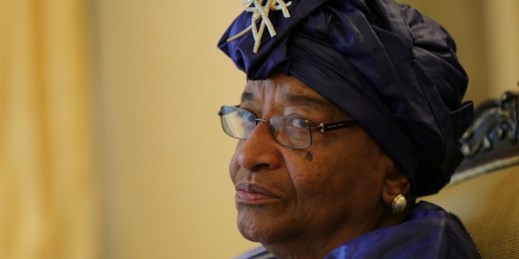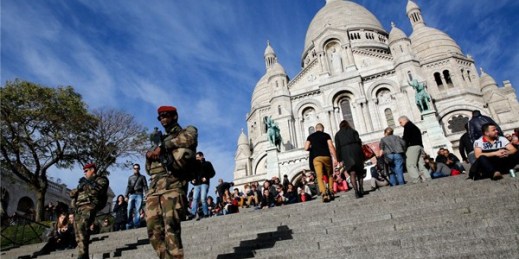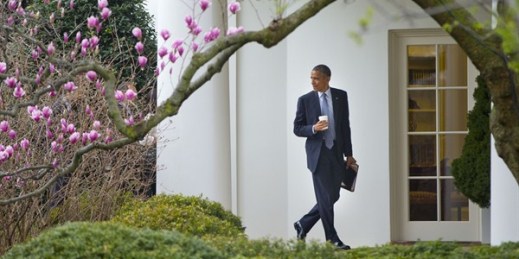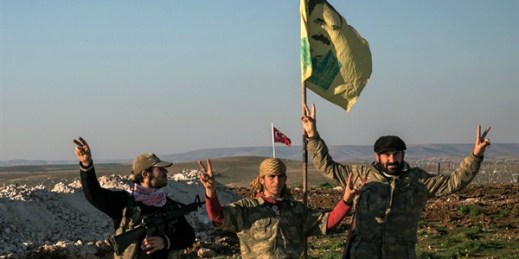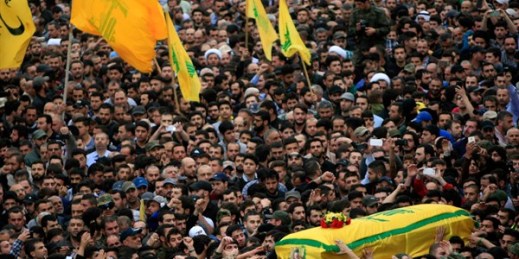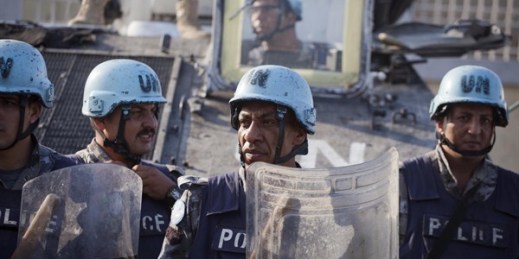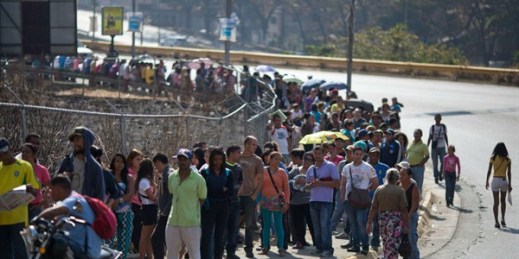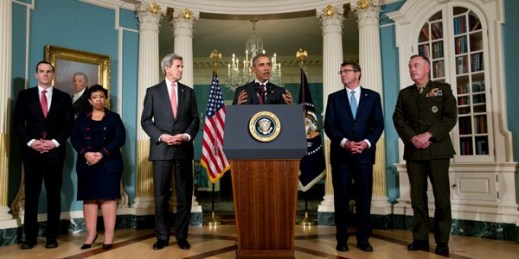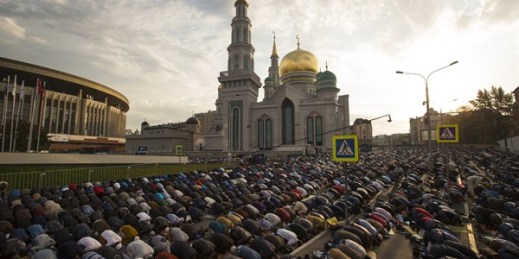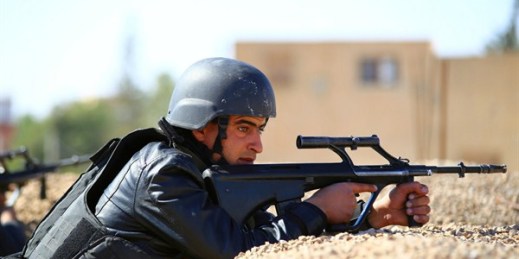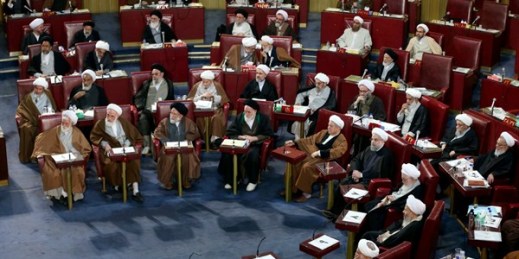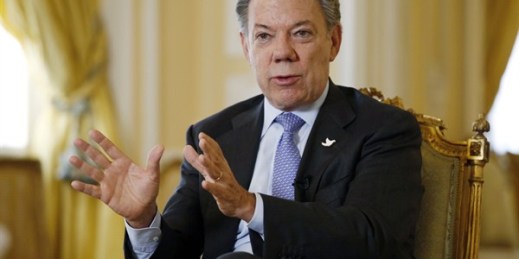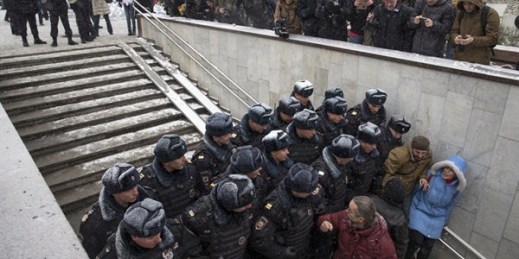
Something remarkable occurred in Russia last month: Large numbers of people protested openly against the government at a commemoration march for a prominent opposition leader murdered last year. A political demonstration in most countries that claim to be democracies would not be noteworthy, but Russia, under the firm grip of President Vladimir Putin, long ago ceased behaving as one. The march last month recalled the enormous crowds that took to the streets in 2011 and 2012 to demand “free elections” following the ruling party’s victory in parliamentary polls conducted on a sharply uneven playing field. In response to those protests, […]

